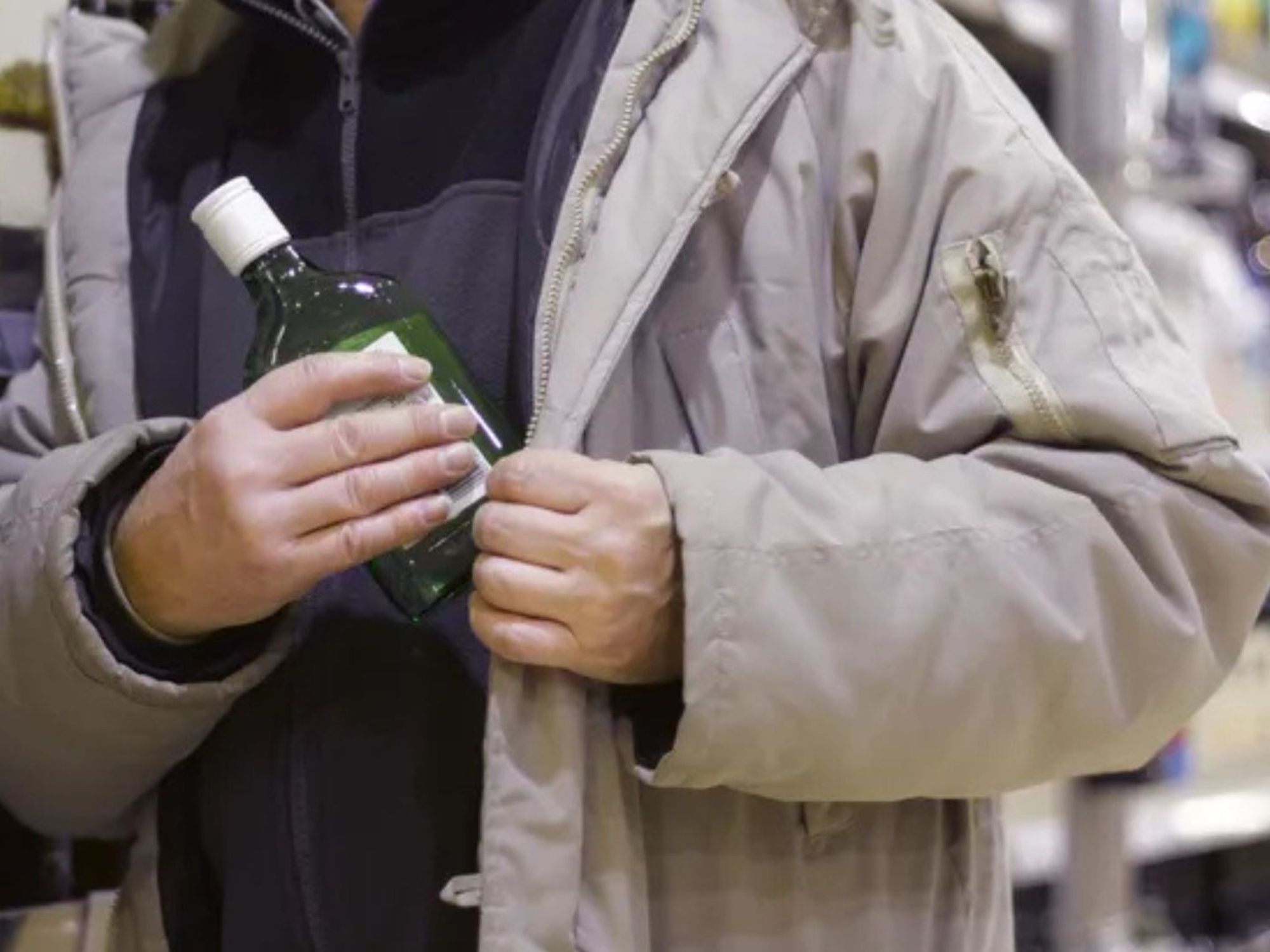Ancient, rare Bronze Age artefact smashed after 3,500 jar accidentally knocked over by four-year-old
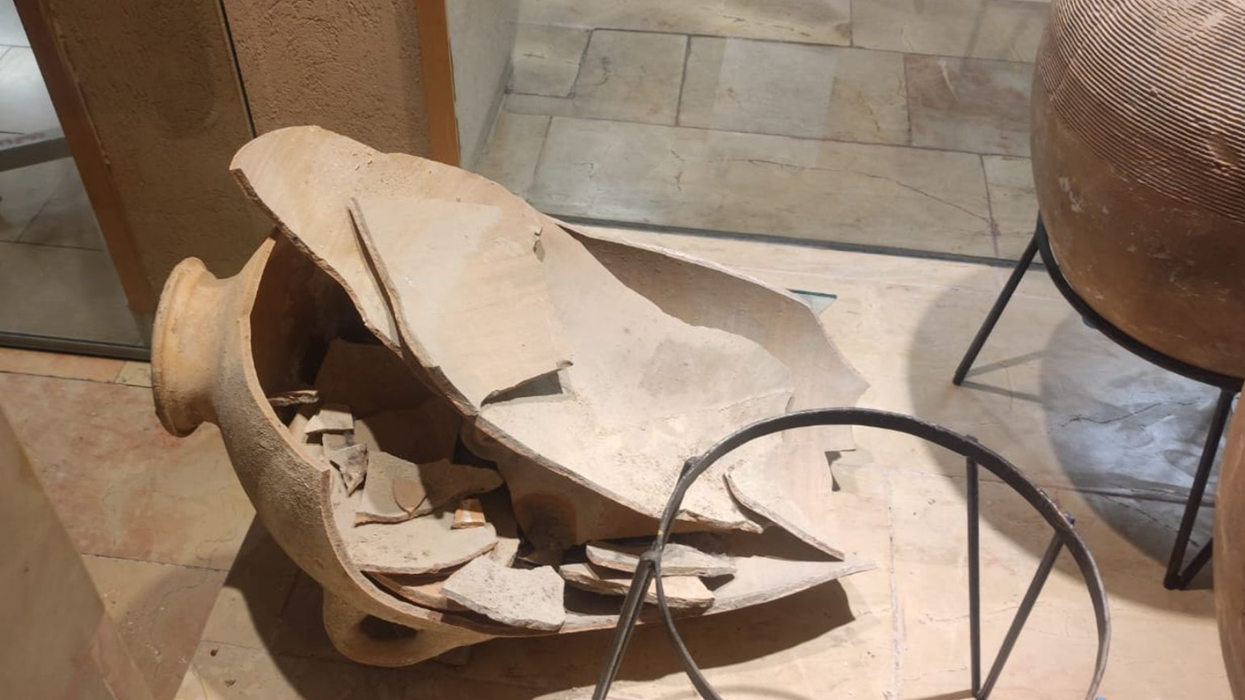
A 3,500 year old jar has been knocked over by a four-year-old boy at a museum in Israel
|Hecht Museum

The boy’s father noticed his son 'pulling the jar slightly' as he was 'curious about what was inside'
Don't Miss
Most Read
A rare 3,500 year old jar dating back to the Bronze Age has been knocked over by a four-year-old boy at a museum in Israel.
The artefact was on display at the Hecht Museum at the University of Haifa, where it had been displayed for the past 35 years.
The crockery, dated between 2200 and 1500BC, was situated on a plinth with no glass in front of it, as the museum believes there is a “special charm” in showing archaeological finds “without obstructions”.
The boy’s father, Alex, noticed his son “pulling the jar slightly” as he was “curious about what was inside”.
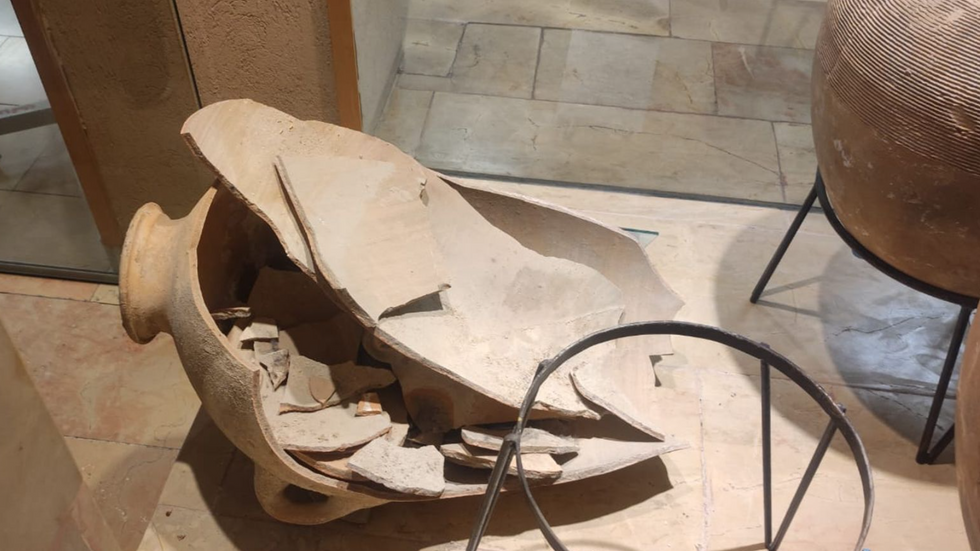 A 3,500 year old jar has been knocked over by a four-year-old boy at a museum in Israel | Hecht Museum
A 3,500 year old jar has been knocked over by a four-year-old boy at a museum in Israel | Hecht MuseumHowever, the ancient artefact, which was thought to have been used to carry local supplies such as wine and olive oil, soon toppled over and smashed into pieces.
The boy immediately started crying, and Alex was initially in denial that his son was the culprit. “I couldn’t believe it was my son who did it,” he told The Guardian.
Surveying the scene, Alex said his first reaction was shock. “Then I felt a bit angry with him,” he admitted.
Alex and his wife were soon able to calm the four-year-old down before they spoke to a security guard.
LATEST DEVELOPMENTS:
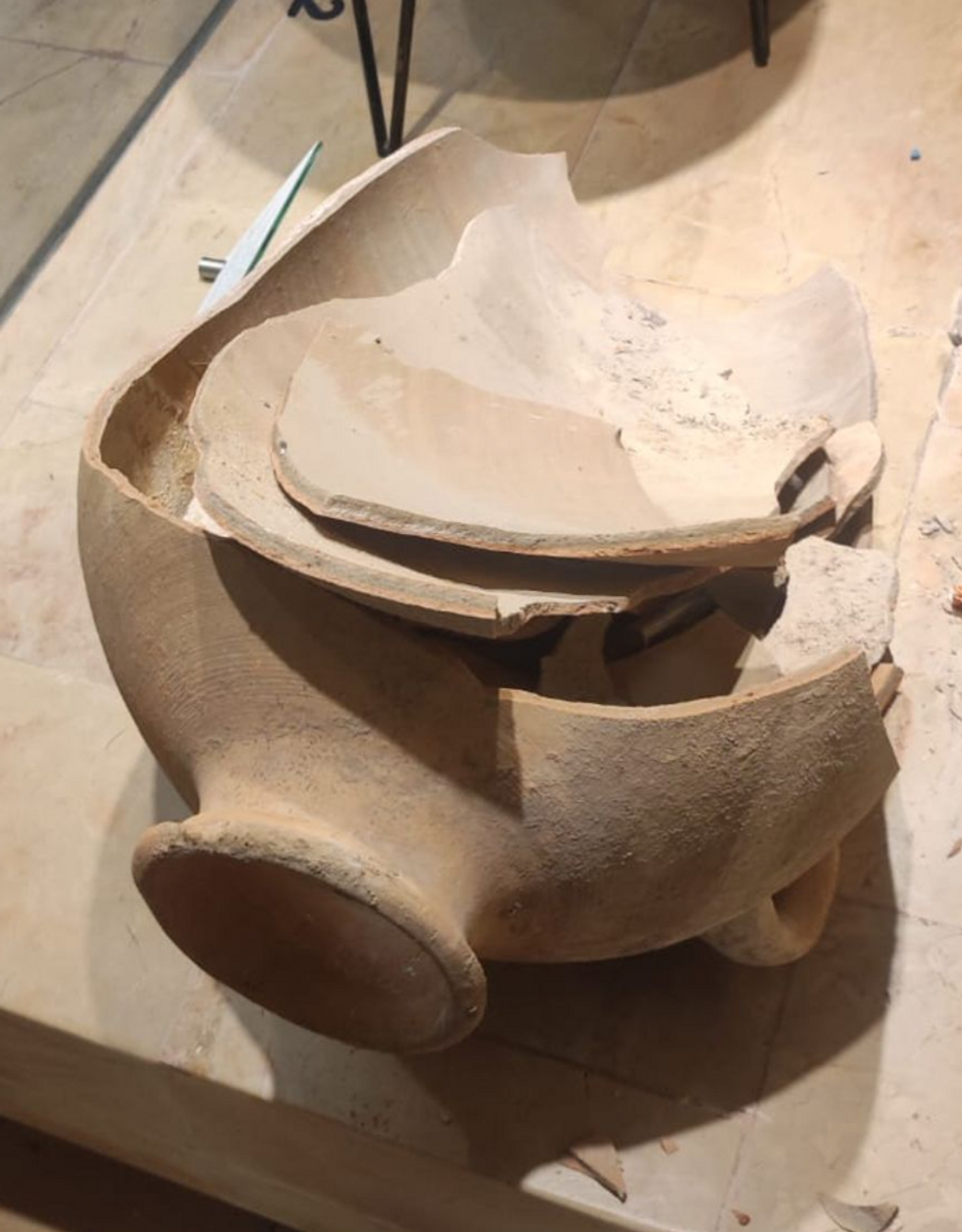
The crockery is dated between 2200 and 1500BC
|Hecht Museum
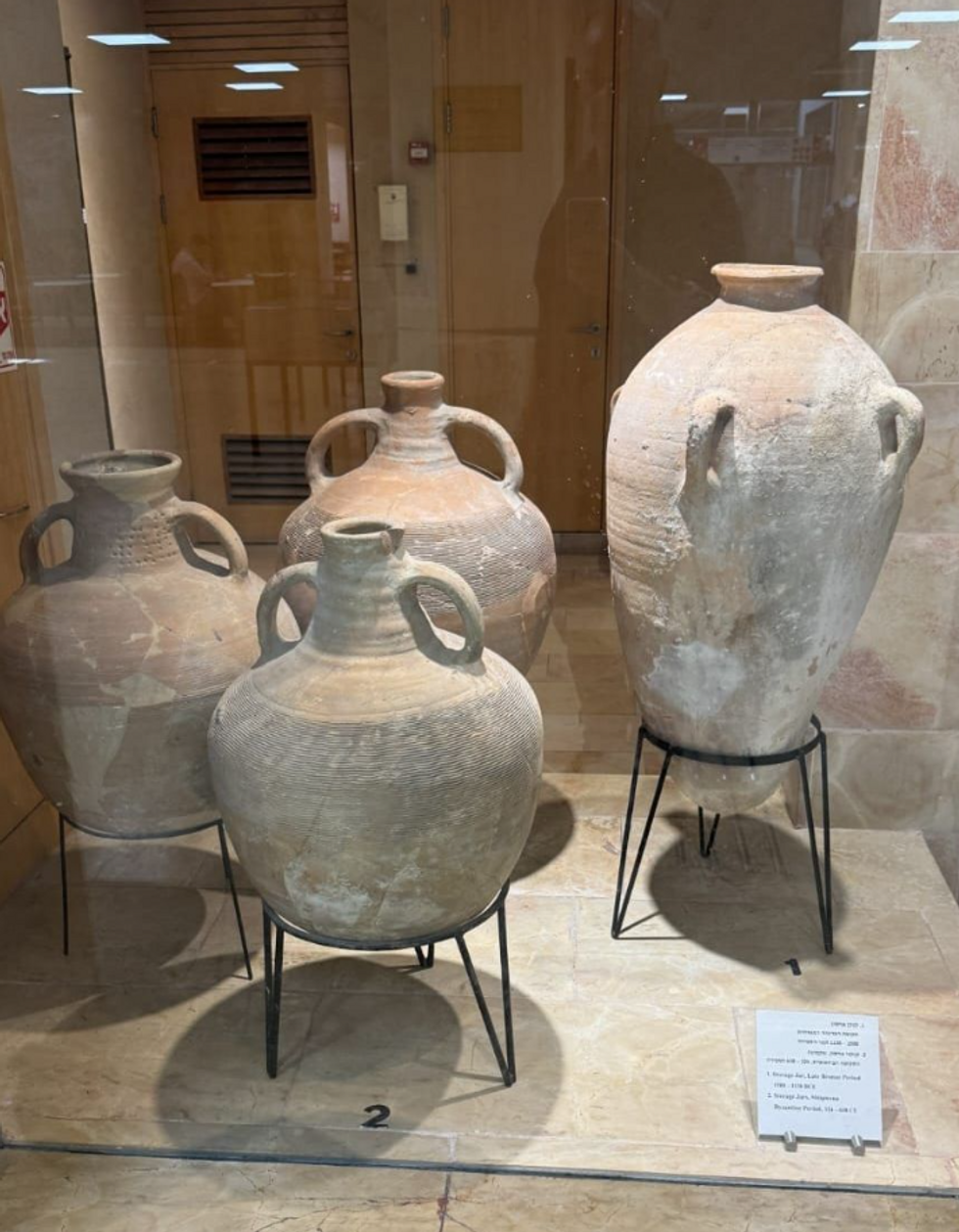
The jar (far right) before it was damaged
|Hecht Museum
In spite of the damage caused, the museum has said nobody was in trouble, and even invited the family back again for a tour.
“Instead of imposing fines or punishment, they invited us to visit again,” said Alex.
Inbal Rivlin, the museum’s director, said in a statement: “There are instances where display items are intentionally damaged, and such cases are treated with great severity, including involving the police.
“In this case, however, this was not the situation. The jar was accidentally damaged by a young child visiting the museum, and the response will be accordingly.”
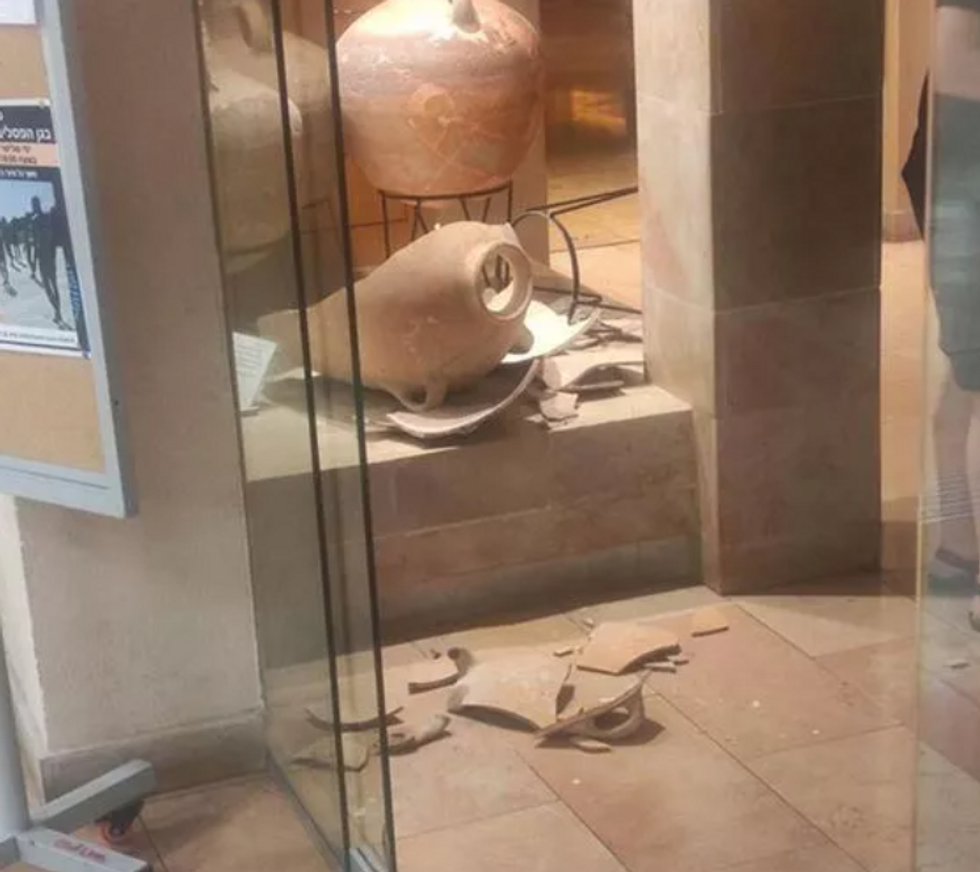
The ancient artefact was thought to have been used to carry local supplies such as wine and olive oil
|Hecht Musuem
The jar has since been sent to a conservation specialist for repair, who luckily will be able to return it to its former glory in a “short time”.
Alex said the family feel “relieved” that the jar will be repaired but added that they are “sorry” as the artefact will “no longer be the same item”.
Despite the “rare incident”, the museum said it intends to continue the tradition of displaying items without glass or barriers in order to make objects more accessible to visitors.
The jar was deemed an “impressive find” as most others of that period were found broken or with parts missing.
The Hecht Museum said in a statement: “It predates the days of David and King Solomon, is typical of the Canaan region and was intended for storing and transporting local consumption, mainly wine and olive oil.”







